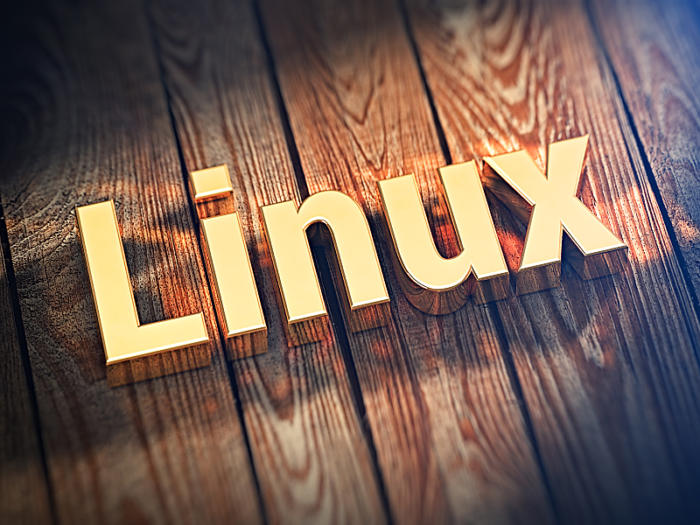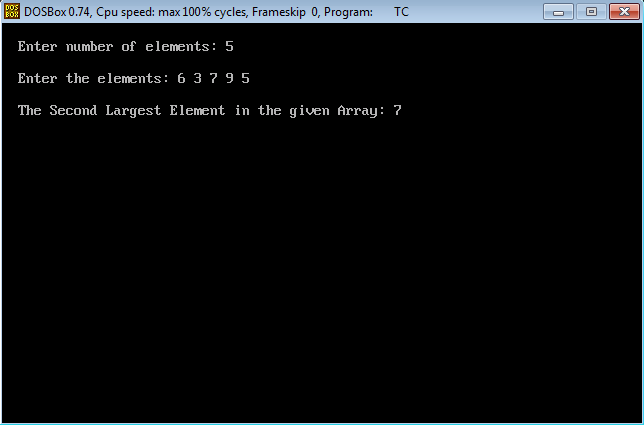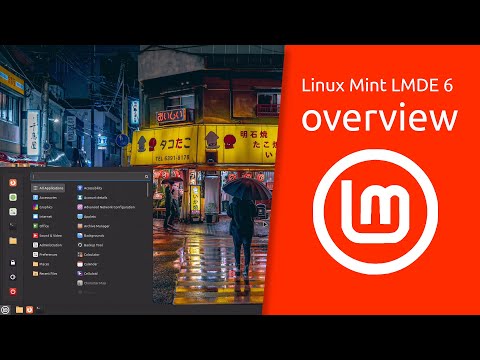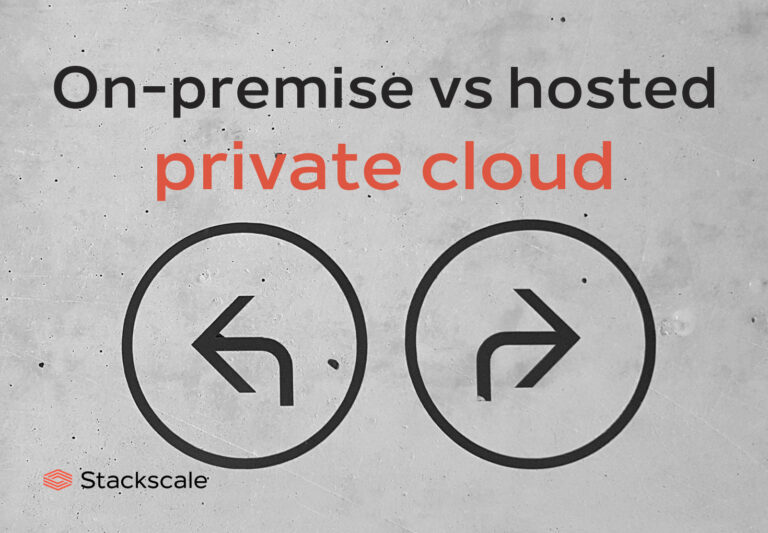
Red Hat on November 8 announced both the general availability of Red Hat Enterprise Linux (RHEL) 9.3 and the planned release of RHEL 8.9, which expand the built-in Podman container management capabilities.
Both versions natively include the Podman open source daemonless tool for running and sharing Linux containers. The two releases further integrate this functionality into existing workflows through automation, via RHEL web console enhancements. When a Podman container health check fails, administrators can specify an automated action for remediation, thus easing the burden of managing containerized workloads.
Container-centric updates extend to RHEL system roles, providing pre-configured sets of Ansible roles and modules to streamline specific operations. The RHEL system role for Podman now supports the Quadlet tool for simplifying the running of containers with systemd. System administrators can more effectively use systemd as a localized container management system, thus reducing complexities otherwise needing human intervention.
RHEL 9.3 is available now, and RHEL 8.9 will be out in coming weeks. RHEL is accessible from redhat.com. The reason RHEL 9.3 is out before RHEL 8.9 has to do with backporting and codebase quality assurance, according to Red Hat. RHEL 9 tracked slightly ahead of RHEL 8.
RHEL 9.3 brings full support for Stratis, a Linux storage system designed to simplify storage administration. Stratis integrates existing Linux storage features into a more streamlined user-friendly interface. Capabilities include dynamic scaling, encryption, optimized resource allocation, thin provisioning, snapshots, and caching.


![How to Copy Paste in Linux Terminal [For Absolute Beginners]](https://linuxpunx.com.au/wp-content/uploads/2020/10/how-to-copy-paste-in-linux-terminal-for-absolute-beginners-768x432.png)



